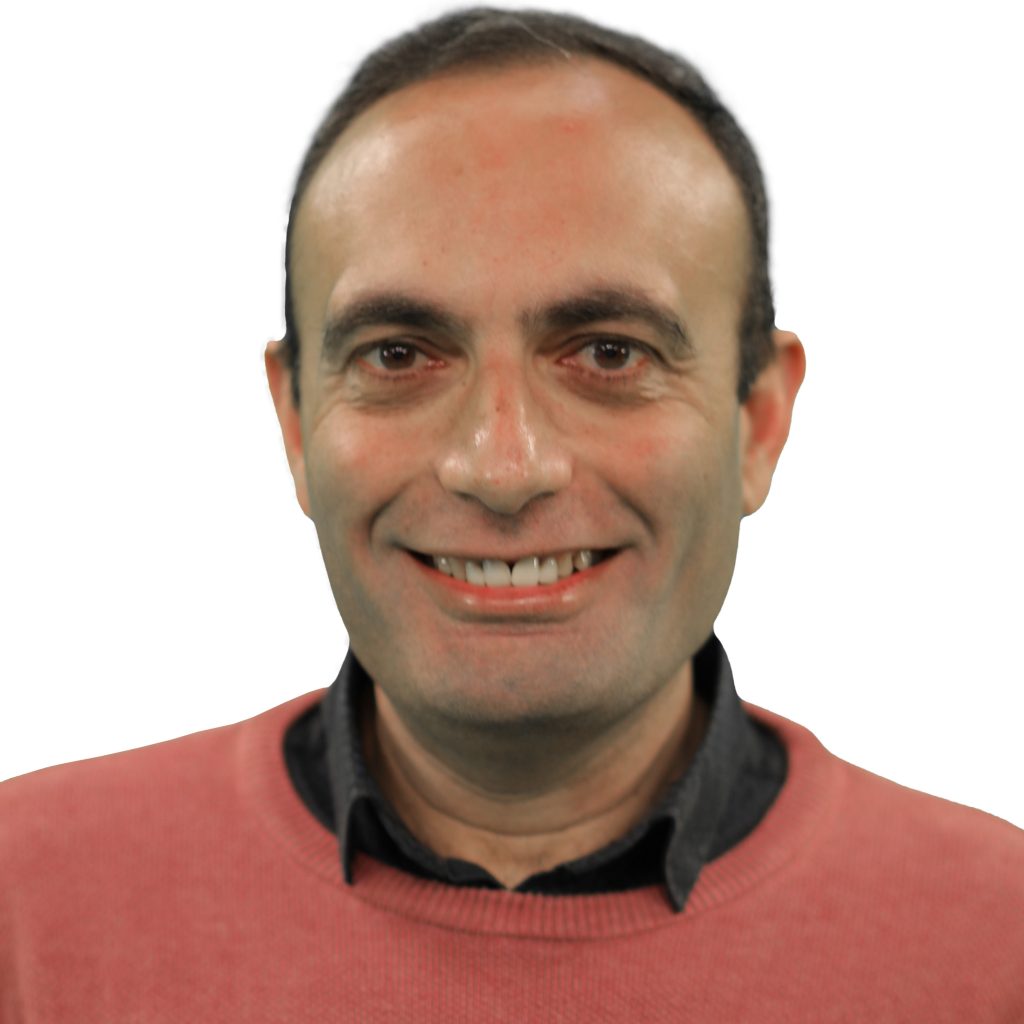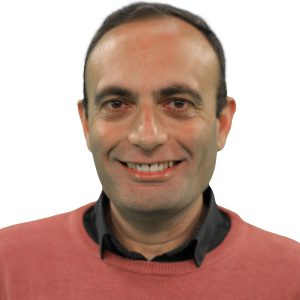

Prof. Ali Hussein
Associate Professor
Department of Arabic Language and Literature
Faculty of Humanities
Fields of Research:
Classical Arabic Poetry; Development of Arabic Rhetoric
SHORT BIO
I am an Associate Professor of Classical Arabic Poetry in the Department of Arabic Language and Literature at the University of Haifa. I bring a wealth of academic and research experience to the field, having completed my postdoctoral research at Harvard University’s Near Eastern Languages & Civilizations Department.
Born and currently residing in Beit Jann, a picturesque village in northern Israel, I am happily married and blessed with three children. Over the course of my career, I have held diverse leadership positions at the University of Haifa, as well as roles within the Ministry of Education focused on teaching Arabic Language in both Arabic and Hebrew schools.
My primary area of expertise lies in classical Arabic poetry, which I examine through multiple lenses, including its intricate rhetoric, unique patterns, thematic content, and structural nuances. I have also contributed to the third edition of the renowned Encyclopaedia of Islam and to the Analytical Database of Arabic Poetry [ARSEM] (Scotland).
Rhetorical Element Identifier
“Introducing the Rhetorical Element Identifier—an innovative, web-based tool that automatically detects and analyzes rhetorical elements in classical Arabic texts. This novel technology opens up new possibilities for understanding the cultural nuances and concerns of historical audiences, providing a glimpse into how people thought and communicated in different eras. By decoding these intricate layers of Arabic rhetoric, scholars and enthusiasts can gain fresh insights into ancient civilizations and the intellectual currents that shaped them.“
– Prof. Ali Houssein
LET’S WORK TOGETHER
I have spearheaded a significant Digital Humanities initiative resulting in the creation of the Rhetorical Element Identifier [REI]: a web-based tool designed to identify and analyse rhetorical elements in classical Arabic poetry. The current version of the tool can automatically detect twenty out of 180 rhetorical elements within a dataset of approximately twenty-seven thousand classical Arabic poems. Despite having the necessary research team, I halted further development of the software due to lack of funding resources.
With adequate funding, the program could expand its capabilities beyond classical Arabic poetry to analyse rhetoric in other languages and literatures. It has the potential to become a vital resource for studying the evolution of rhetoric and cross-cultural rhetorical dynamics on a global scale.



